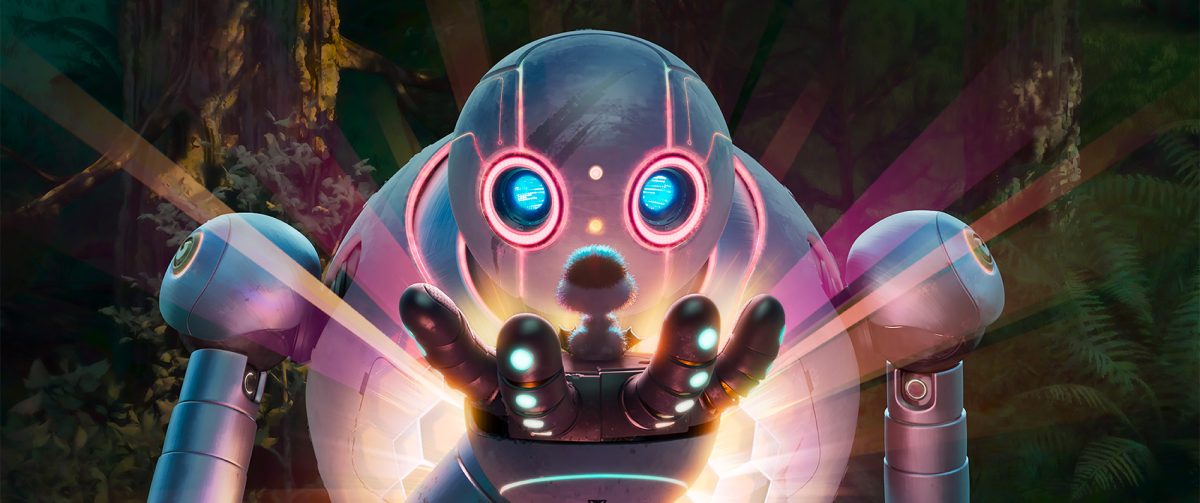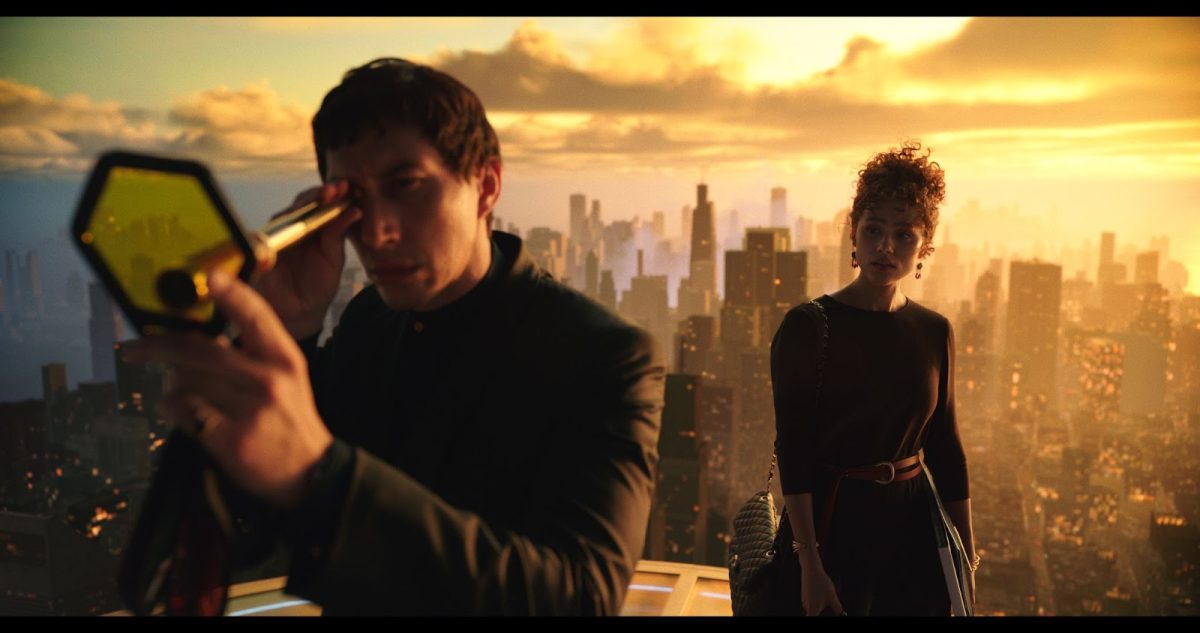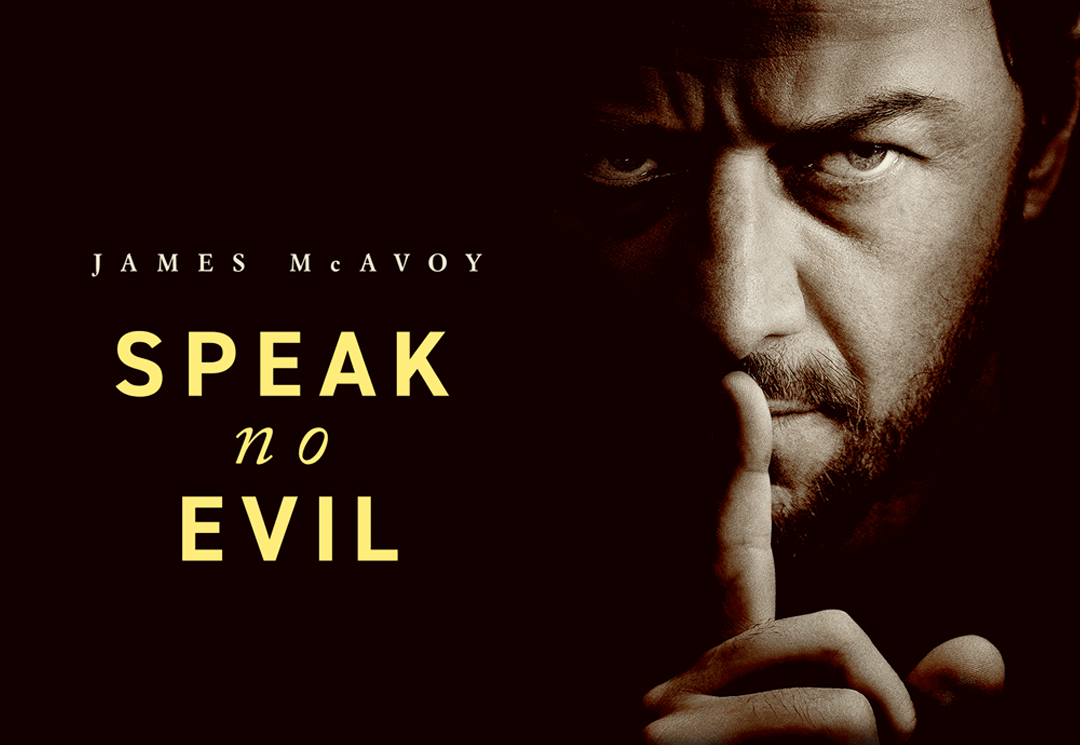
Expedition leader Hall (Jason Clarke) is one of the best climbers in the world, and this is his fifth Everest trip. He teams up with easygoing, pony tail-wearing fellow guide Scott Fischer (Jake Gyllenhaal), who acts as a foil to the more serious Hall. His clients, which include humble post officer Doug Hansen (John Hawkes) and affluent Texan pathologist Beck Weathers (Josh Brolin), inject the film with personality. They’re both hitting middle age, and this opportunity certainly won’t come again.
The other members of Hall’s ill-fated team hail from a variety of backgrounds and nationalities, like Japanese veteran climber Yasuko Namba (Naoko Mori), and Krakauer himself, who accompanied the team to write an article for Outside magazine. They pay upwards of $60,000, and some are far from experts at climbing. Once they complete the arduous ascent, most of the climbers are exhausted, low on oxygen and frozen beyond belief. The joy as they reach the summit is immense; however it’s only half the journey— they still have to descend, and just as a massive storm looms on the horizon.
Climbing Mount Everest isn’t a masochistic act, it’s more of an idealistic defiance of nature. The climbers know the risks. They spend weeks climbing from camp to camp to acclimatize. They see frozen corpses on the way up. For the characters of Everest, reaching the summit is more than a picture and a story to tell your grandchildren. It’s a testament to human endurance. Everest does a superb job of capturing the travails of the people who scaled it, and those who ultimately succumbed to the harsh conditions of the legendary mountain range.
Personal stories add emotional weight to Everest, as the climbers and their families have a lot riding on this trip. Jan (Keira Knightley) and Peach (Robin Wright) are the wives of Rob and Beck, respectively. Knightley and Wright do exceptionally well with limited roles, constantly checking on their significant others on the other side of the world. These roles add emotional depth to Everest without any over-sentimentality. It’s also important that the script doesn’t make experienced actors like Clarke, Brolin and Gyllenhaal overact. They don’t dazzle, but they’re not stale enough to drag the film down. In any film featuring Mount Everest, the mountain will always be the most interesting character involved.
We knew Hollywood would make Mount Everest look good, but not this good. Simply put: no mountain, no movie. The wisps of smoke-like ice and the howling wind disorient the climbers throughout the film. As the climbers move at a snail’s-pace below, director Baltasar Kormakur uses overwhelming shots of the mountain to convey the massiveness of the climber’s environment, and their insignificance in comparison. The visuals are ridiculously close to the 1998 IMAX documentary Everest. This is surprising given Kormakur’s films usually fall into two categories: award-winning low-budget Icelandic films like 101 Reykjavik and Jar City, or American shoot ‘em ups with Mark Wahlberg like Contraband and 2 Guns. Everest does not fit either mold.
In Everest, Kormakur puts you through a range of hard emotions and themes: camaraderie, perseverance, awe, despair, regret and desperation. Everest successfully mirrors real life events with interesting characters and a magnificent presentation of the perils involved in returning from the top of the world alive.
—
For more information or news tips, or if you see an error in this story or have any compliments or concerns, contact features@unfspinnaker.com.











